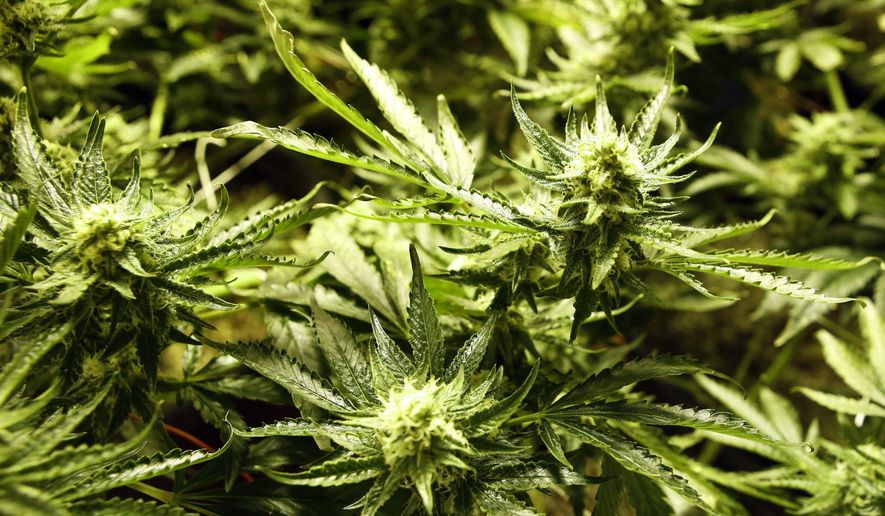Police in Colorado are combing through Craigslist to weed out marijuana dealers who illegally advertise their wares online, law enforcement said Thursday.
Although recreational marijuana is legal in Colorado for adults 21 and older to purchase and possess, Denver Police Department spokesman Doug Schepman said pot sellers are attempting to skirt state law by using online marketplaces like Craigslist to initiate transactions.
The Denver-area Craigslist page contained more than 700 results as of Friday for postings where marijuana is listed under the “for sale” category, and Fox 31 Denver reported that upwards of thousands of individuals are using the website to sell pot online.
Although Colorado became the first state in the country to establish a legal framework for non-medicinal retail weed, law enforcement officials warn that pot deals done over the internet are anything but lawful.
“I think the easiest rule of thumb for people to understand is in Colorado there’s no legal market place online for buying and selling marijuana,” Mr. Schepman told the Fox affiliate.
“Our narcotics unit does conduct undercover operations where they reach out through ads just like this,” said the police spokesman, referring to the hundreds of active Craigslist posts where dealer list prices by the ounce, or in many instances ask for donations.
Despite the terminology, the police spokesman said there’s nothing legal about exchanging money for marijuana unless its done as allowed under law.
“When you go to the point of saying, ’I’m going to transfer marijuana to you for a trade or a donation,’ [you’re] breaking the law,” Mr. Schepman said.
Lauren Davis, a Denver-area criminal defense attorney, previously told the Denver Post’s Cannabist column that “The only people who can sell cannabis are licensed dispensaries or a caregiver who provides it to a patient in accordance with the voluminous state rules and regulations.”
Craigslist in Colorado has been rife with pot dealers since before recreational weed became legal more than two years, and one seller who started in 2013 previously told Rooster Magazine that he was able to attract customers even after retail dispensaries opened by selling without the double-digit taxes applied in sanctioned shops.
But with a state-sanctioned retail system in operation since only 2014, legitimate businesses say underground marijuana dealers are hurting a budding industry as it attempts to establish itself while other states look there for guidance.
“First and foremost, it makes our industry look less legitimate. It’s hard for people outside of the industry to know where the lines are drawn,” Lauren Harris of Dynama Consulting, a marijuana consulting firm, told the Fox affiliate.
“They’re making more money because they don’t pay the taxes. They don’t necessarily have to pay their employees. It’s a completely different business when it comes down to it. It’s just the same product,” she said.
Indeed, dispensaries from Aurora to Yuma sold more than $996 million last year in recreational and medicinal cannabis, earning the state around $135 million in taxes and fees.
“It’s remarkable that less than seven years ago, all of that money was being spent in the underground market,” Mason Tvert, the Marijuana Policy Project’s communications director, told The Cannabist when sales figures were announced earlier this year. “Clearly there’s a large demand for marijuana, and we’re now seeing that demand being met by legitimate businesses that are answering to authorities instead of criminals who answer to nobody.”
Last week, Aurora, a suburb of Denver, said it would be using around $1.5 million in marijuana taxes toward helping the city’s homeless.
“We wanted to be able to show citizens that we are having a positive impact on the community and point to specific projects or initiatives to where that money is going to,” Bob Roth, city councilman, told the Denver Post.
• Andrew Blake can be reached at ablake@washingtontimes.com.




Please read our comment policy before commenting.